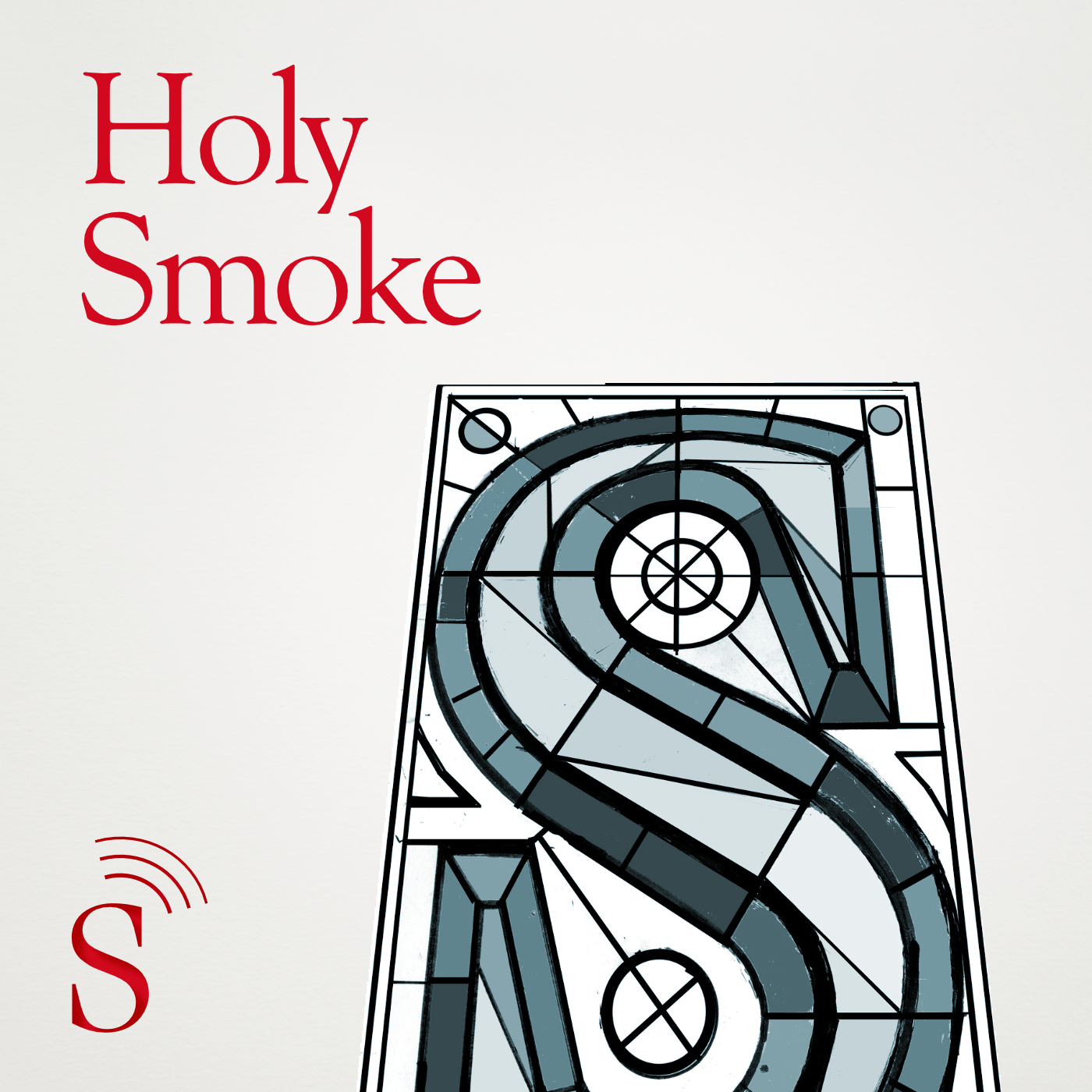Walsingham and the musical grief of the Reformation
Description
The other day I received a press release about an intriguing album of keyboard music by 16th- and early 17th-century composers, three Englishman and a Dutchman, played on the modern piano by Mishka Rushdie Momen, one of this country’s most gifted and intellectually curious young concert pianists. It’s called Reformation, and before I’d heard a note of the music – which is performed with thrilling exuberance and subtlety – I knew I wanted to interview Ms Rushdie Momen.
That’s because Hyperion had included with the press release a strikingly perceptive essay by the pianist putting this ostensibly secular keyboard music in the context of what she rightly calls the ‘vandalism’ of the English Reformation, shockingly illustrated by the demolition of the great shrine of Walsingham. At the same time, she recognises the unnerving pressures facing both Catholic and Protestant composers in an era of bewildering and violent cultural upheaval – but also one in which we can glimpse elements of toleration and compromise.
Here’s my Holy Smoke interview with Mishka Rushdie Momen, which begins with a track from her album: a little galliard called La Volta, danced at Elizabeth I’s court even though the Queen knew that its composer, William Byrd, had remained faithful to the Catholic Church.
More Episodes
Published 11/12/24
Since the election of an overwhelmingly secular Labour government, people who describe themselves as humanists have a spring in their step: for example, there's a prospect that humanist weddings will be legally recognised in England and Wales (they already are in Scotland).
But what exactly is...
Published 11/08/24
In this week’s Spectator, William Finlater reveals that some of the Church of Scotland’s most precious architectural heritage is being flogged off quickly, cheaply and discreetly. Most western denominations are being forced to close churches, but the fire sale of hundreds of Scottish churches is...
Published 10/25/24


